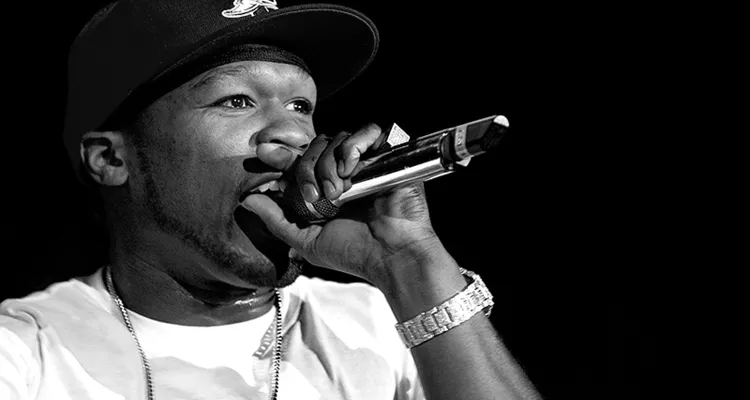50 Cent, Fat Joe, Remy Ma, Scott Storch, and a list of record labels face a copyright infringement lawsuit over their hits, ‘Candy Shop’ and ‘Lean Back.’
Rappers 50 Cent and Fat Joe, producer Scott Storch, and others are accused of ripping off two of the biggest hits of their careers from another producer’s 20-year-old song. David W. Smith has filed a lawsuit against several defendants, including labels Warner Chappell Music, Interscope Records, and Shady Records, over 50 Cent’s 2005 single “Candy Shop” and Terror Squad’s 2004 track “Lean Back.”
According to the lawsuit filed on April 27, Smith, a Maryland-based producer, claims both songs contain elements lifted from his song “WHATCHACOM4?” released with rapper Moe Wet in 2003. Smith argues that comparative images of waveforms of all three pieces will help prove his case.
Smith says he believes that Storch, who produced both tracks mentioned in the lawsuit, discovered “WHACHACOM4?” through a New York City-based record pool that both men allegedly belonged to at the time of the song’s release. He claims they received “weekly communications as to the performance of releases on their respective labels.”
Strangely, an official copyright for Smith’s track was not issued until 2022 — almost 20 years after its initial creation and release.
“Lean Back,” from Terror Squad’s second album, 2004’s True Story, peaked at No. 1 on the Billboard Hot 100, where it reigned for three consecutive weeks — the biggest hit of Fat Joe and Terror Squad’s careers. 50 Cent released “Candy Shop” in 2005 as the second single from his The Massacre album, reaching the top of the Hot 100 and earning multi-platinum status.
The lawsuit names Fat Joe (whose real name is Joseph Cartagena), 50 Cent (real name Curtis Jackson), Scott Storch, and Remy Ma (real name Reminisce Smith Mackie) as defendants.
Additionally, Warner Chappell Music, Warner Tamerlane Publishing, TVT Music, Joey and Ryan Music, Remynisce Music, Terror Squad Productions, Terror Squad Entertainment, 50 Cent Music, and Shady Records are listed among the defendants. Interscope Records and Aftermath Entertainment, subsidiaries of Universal Music Group, are also listed as defendants though UMG itself is not.

